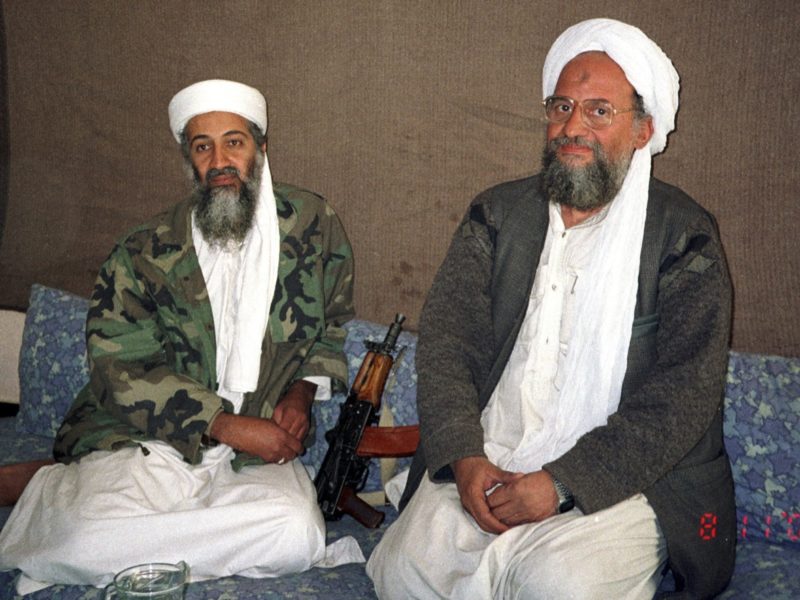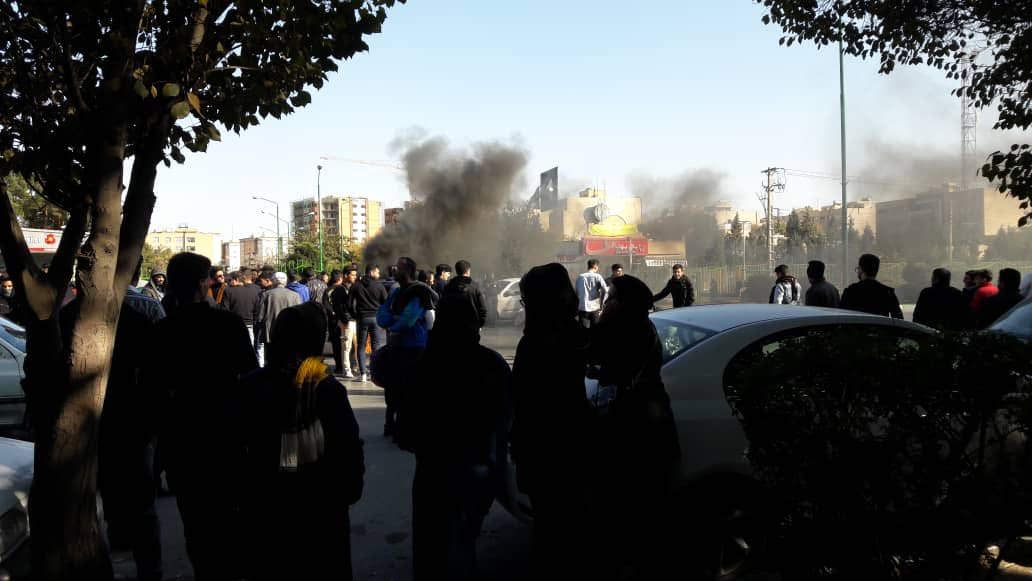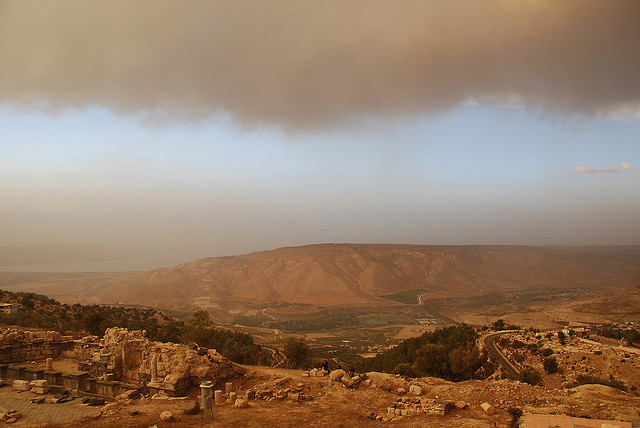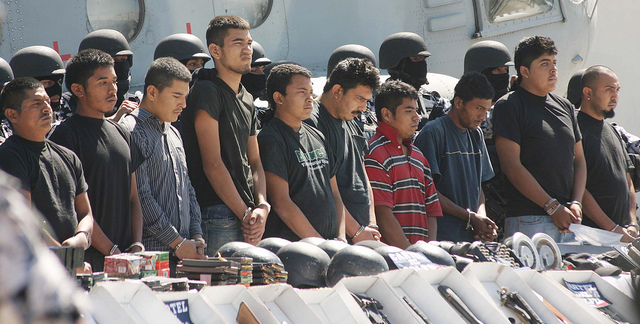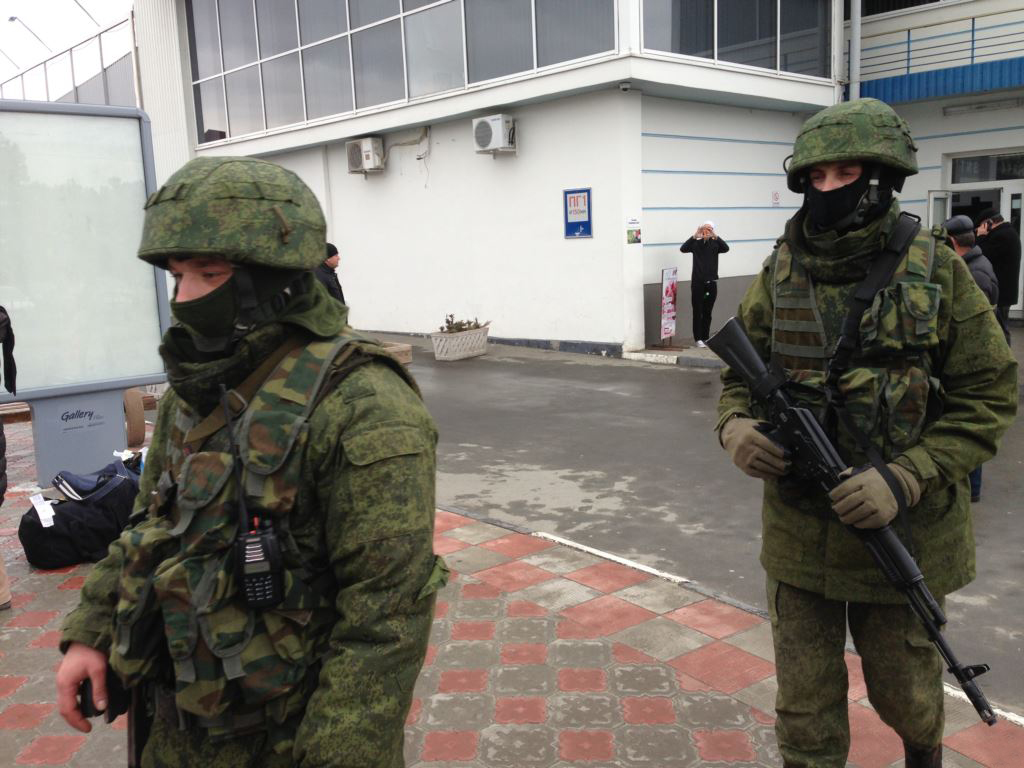By Rebecca Best and guest contributors Debra Leiter and Simanti Lahiri
Last weekend, a US drone dropped two Hellfire missiles, killing Al Qaeda leader Ayman al-Zawahiri on his balcony in the heart of Kabul. It was the first targeted killing of an Al Qaeda leader since the US withdrawal from Afghanistan. Here, contributors Rebecca Best, Debra Leiter, and Simanti Lahiri answer questions about what the strike might mean for Al Qaeda, US-Afghanistan relations, and more.
Will Zawahiri’s assassination change attitudes about drone strikes?
US public opinion will likely remain supportive of drone strikes, but this high-profile example of a complex operation in a populated district of Kabul resulting in no civilian casualties may increase public pressure on leaders to minimize civilian casualties in future operations. The absence of civilian deaths, thanks to the US policy of “near certainty standards,” might at first blush suggest that Americans will become more supportive of their use. While a majority of Americans support the use of drones, US public support for drone warfare weakens when these strikes fail to reduce civilian casualties. Though ethical and strategic questions remain, the US has dramatically increased use of unmanned aerial vehicles (UAVs), partly because they are thought to minimize civilian casualties and reduce risk to military personnel compared to conventional “boots on the ground” strategies. Yet drone strikes have killed many civilians over the last two decades, making them unpopular internationally and fueling concerns that they may radicalize civilians. If the Zawahiri assassination contributes to an expectation that collateral-free conflict is possible, the US public may demand lower levels of civilian casualties.
Does Zawahiri’s death cement the divisions in Al Qaeda or create space for unification?
Zawahiri’s decade of governance saw Al Qaeda evolve from a centralized organization micromanaged by Zawahiri, to an increasingly fragmented one as its franchises proliferated and became more diverse. Over the years, new affiliates brought their own priorities and younger members, increasing tension about the future of the organization. Yet, it was Zawahiri’s influence that led Al Qaeda to target the United States and, later, to lie low and build strength while counterterrorism focus shifted to the Islamic State.
It remains to be seen whether Zawahiri’s successor will be able to unify the group, or whether an internal battle for control will deteriorate the organization’s influence further, solidifying fractures and amplifying internal feuds. If the latter occurs, the divisions between the group’s franchises may create new challenges in the form of increased factional violence and violence against civilians. However, it may also decrease the movement’s efficacy and create new opportunities for conflict resolution and counterterrorism.
What does this mean for US-Taliban relations?
Zawahiri’s residence in Kabul, which Biden administration officials say the Taliban knew of for some time, suggests that the Taliban violated the terms of the Doha Agreement, which prohibits the Taliban from hosting, recruiting, or training those who pose a threat to the security of the US or its allies
Early in his presidency, Biden promised that the US would hold the Taliban to the treaty’s terms. The US attack signals to the Taliban and Al Qaeda that the United States can reach deep into Afghan territory at minimal cost. Furthermore, Biden’s willingness to risk scuttling Doha—which also prohibits the United States from using or threatening force against Afghanistan’s “territorial integrity or political independence,”—entrenches his reputation for resolve and may boost US credibility long-term. The Taliban, meanwhile, need international recognition and legitimacy. Zawahiri’s presence in Kabul and the subsequent US attack are unlikely to help them achieve those goals.
How does the US view foreign relations in the context of the Global War On Terror?
For decades, foreign relations were guided firstly by the principle of state territorial sovereignty. That changed after September 11, when the United States launched the Global War on Terrorism (GWOT), which the US used to justify the use of force in sovereign countries that, willingly or otherwise, host terrorists or those the US identifies as terrorists. The killings of Osama bin Laden and Qassem Soleimani, for example, were both carried out on the soil of countries that were ostensibly US allies in the war on terror. Tellingly, neither the Obama nor the Trump administration gave advance notice to the allied governments on whose soil these attacks were carried out. Zawahiri’s assassination, on Afghan sovereign territory after the US withdrawal, shows that the tensions between these goals remain a critical issue for international relations.
We see these tensions play out in Iraq. Following the targeted killing of Solemani, the Iraqi parliament voted to expel US troops, an order that was eventually countermanded. The attack weakened Iranian connections to Iraq’s Popular Mobilization Front militias, but at the same time hurt the legitimacy of the Iraqi government domestically and internationally. Similarly, this US drone strike in Kabul may signal to civilians in South Asia and the Middle East that the United States is a bigger threat to them than Al Qaeda or the inwardly oriented Taliban.
Is there a link between Zawahiri’s killing and tensions between the US and China and Russia?
Zawahiri’s assassination was publicly justified by his involvement in Al Qaeda but another motive may be that the US wanted to use the killing to signal its technological superiority vis-a-vis its increasingly hostile international rivals, specifically Russia and China. By revealing the relative ease with which it can eliminate a threat in unfriendly territory, the United States may have increased its credibility and removed uncertainty regarding its capability for this kind of attack.
Will Zawahiri’s assassination constrain Russia and China? Probably not. Research suggests that state actors consider how an adversary’s previous targets compare to their own power and capabilities. Clearly, Russian and Chinese military and cyber capabilities far outstrip the Taliban’s. But, the recent cyber attack on Taiwan and Chinese ballistic missile test, coincident with House Speaker Nancy Pelosi’s visit to Taiwan, demonstrate that saber-rattling is about showcasing the critical security tools a state not only has, but is willing to deploy.
Rebecca Best is an associate professor in the Department of Political Science at the University of Missouri at Kansas City and a permanent contributor at PVG. Debra Leiter is an associate professor in the Department of Political Science at the University of Missouri-Kansas City. Simanti Lahiri, PhD, is the Program Coordinator for Student Civic Engagement at Rutgers University, Camden and author of Suicide Protest in South Asia: Consumed by Commitment.

